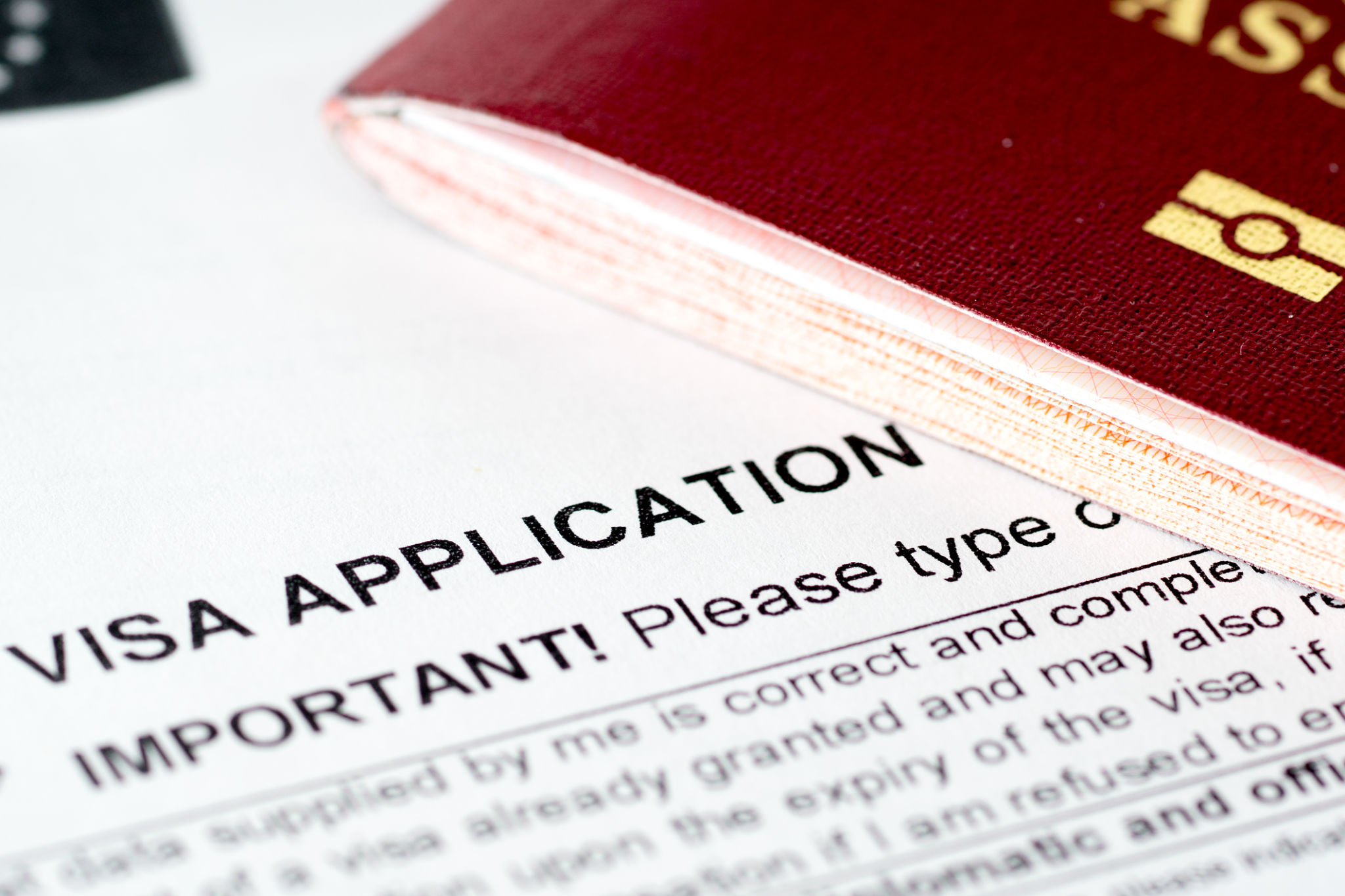Common Misconceptions About Indonesia Visa Requirements: What You Really Need to Know
Understanding Indonesia Visa Requirements
Traveling to Indonesia can be an enriching experience, with its stunning landscapes, vibrant culture, and warm hospitality. However, navigating visa requirements can sometimes be confusing, leading to common misconceptions. Understanding these requirements is crucial for a smooth entry into the country. This post aims to clarify some of these misunderstandings and provide accurate information for travelers.

Visa-Free Entry and Eligibility
A prevalent misconception is that all international travelers need a visa to enter Indonesia. In reality, citizens from over 160 countries are eligible for visa-free entry for short stays of up to 30 days. This visa-free option is primarily for tourism purposes and cannot be extended or converted into other types of visas.
Travelers should ensure their passport is valid for at least six months from the date of entry and have proof of onward or return travel. It's important to check the list of eligible countries as it is subject to change.
Visa on Arrival: Who Can Apply?
Another common myth is that a Visa on Arrival (VoA) is available to everyone. This visa is only available to citizens from specific countries and allows for a stay of up to 30 days, which can be extended once for another 30 days. The VoA is suitable for tourists, social visits, and business meetings.

To obtain a Visa on Arrival, travelers must pay a fee upon arrival in Indonesia. It's recommended to have cash ready in the local currency or USD, as not all entry points accept credit cards.
Understanding Different Types of Visas
Some travelers assume that all visas are the same, but Indonesia offers various types of visas depending on the purpose of the visit. Common visas include the Tourist Visa, Business Visa, Social-Cultural Visa, and Work Visa. Each visa has specific requirements and conditions.
- Tourist Visa: For leisure and tourism activities.
- Business Visa: For attending meetings, conferences, or business-related activities.
- Social-Cultural Visa: For visiting family or participating in cultural exchanges.
- Work Visa: For employment in Indonesia.

The Importance of Proper Documentation
One key point often overlooked is the necessity of proper documentation. Regardless of the type of visa, travelers must provide accurate and complete documents during their application process. Incomplete or incorrect documents can lead to delays or rejections.
It's advisable to consult with the Indonesian embassy or consulate in your home country to ensure all required documents are in order before your trip. This will help avoid any last-minute surprises at immigration checkpoints.
Extensions and Overstays
A frequent misunderstanding involves visa extensions and overstays. Not all visas are eligible for extension, and overstaying a visa can result in fines, deportation, or a ban from re-entering Indonesia.
If you plan to stay longer than your visa permits, it's crucial to apply for an extension well before your current visa expires. Extensions are granted at the discretion of Indonesian authorities and may require additional documentation.

Online Resources and Assistance
Many travelers rely on outdated or incorrect information found online. To avoid complications, always refer to official Indonesian government websites or contact local embassies for the most accurate and up-to-date visa information.
Travel agencies and visa services can also provide assistance but ensure they are reputable and knowledgeable about current Indonesian visa policies.
By understanding these common misconceptions and preparing accordingly, travelers can ensure a hassle-free journey to Indonesia. Remember to double-check eligibility requirements, prepare necessary documentation, and seek advice from trusted sources. With these steps, you can focus on enjoying all that Indonesia has to offer without any visa-related worries.